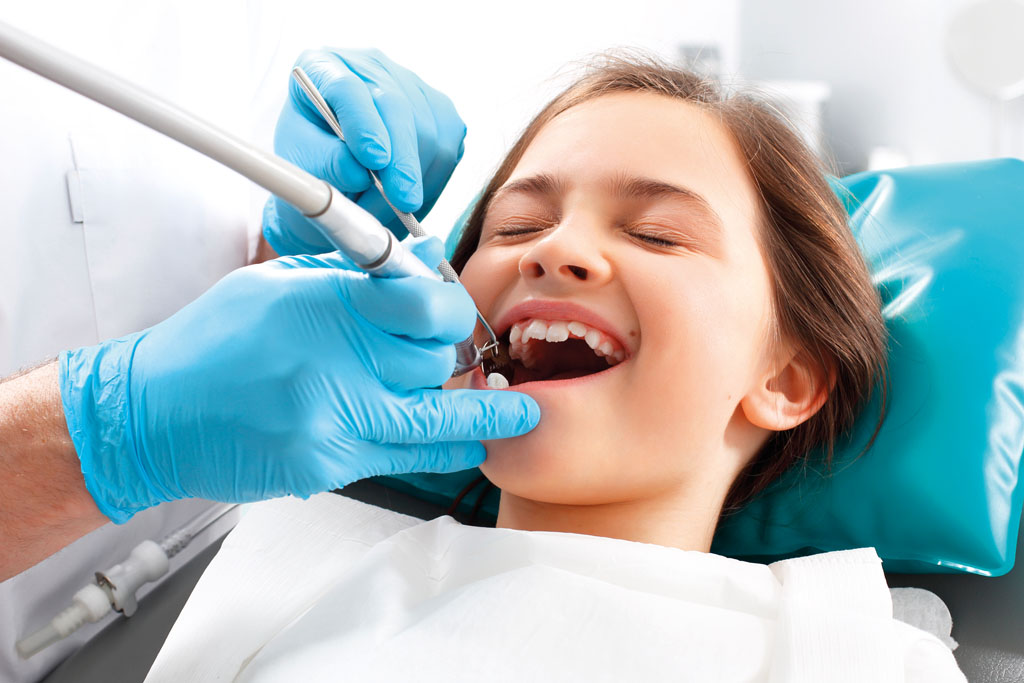UK is bottom of the class
An international survey shows that UK schools are ranked last in promoting good oral health among children and families
A survety undertaken on behalf of the World Dental Federation (FDI)* has shown that UK schools rank last in promoting good oral health.
When asked if their child’s school provided lessons on the importance of good oral care, only 29 per cent of parents from the UK said this was the case, which was dramatically lower than the results from 12 other countries.
The missing pieces are outreach, education and support but sadly tried-and-tested approaches are not benefiting all our children
Mick Armstrong, BDA CHAIR
The findings came as another global study showed how poor oral health can have a telling effect on children far beyond medical problems.
The FDI report put the UK at the bottom of the list behind the US (53 per cent), Australia (54 per cent), Germany (69 per cent), China (77 per cent), Saudi Arabia (81 per cent), Poland (84 per cent), Morocco and Algeria (86 per cent), Indonesia (87 per cent), Brazil and India (91 per cent), and Mexico (93 per cent).
Meanwhile, 49 per cent of parents from the UK also ‘didn’t know’ how often their child’s school gave lessons on good oral care.
The result prompted the British Dental Association (BDA) to renew its call on the Westminster government to mirror action that has already been taken in Scotland and Wales.
BDA Chair Mick Armstrong said: “There is no reason why the UK should be at the bottom of the class for oral health education. The missing pieces are outreach, education and support, but sadly tried-and-tested approaches are not benefiting all our children.
“Scotland and Wales have pioneered programmes in nurseries and primary schools that have been adopted worldwide, and kids across England deserve the same effort. Simple ideas like supervised brushing can pay for themselves, but cash-strapped schools can’t do it alone.”
According to the global study** commissioned by Unilever Oral Care, poor oral health damages children’s teeth lowers their self-esteem and harms their performance at school, at school.
The report, published for World Oral Health Day on March 20, shows the quality of a child’s oral care can have an impact beyond obvious medical problems like bad breath and dental pain.
Tooth decay is the world’s most widespread disease according to the World Health Organisation; the study shows most children across the globe have experienced oral pain in the past year, with one-third reporting this pain to be moderate to severe.
Those with poor oral care are more likely to have lower self-esteem (49 per cent compared to 32 per cent of those with good oral health); their lack of confidence and lower sense of self-worth affects the way they feel and behave in many different ways. From participation in class to making friends, the study reveals that children who don’t take care of their teeth are having more problems in all aspects of their life.
Professor Nigel Hunt of the UCL Eastman Dental Institute in London emphasised: “It is appalling that in the 21st century dental decay remains the most prevalent chronic disease throughout the world, affecting both children and adults, when it’s at least 90 per cent preventable. Despite an awareness of the importance of twice daily tooth brushing, the disease remains unchecked.”
*The FDI survey was undertaken by YouGov Plc. The total sample size was 16,477 adults of which 4,367 were parents with children aged 5-16. Fieldwork was undertaken between 18th February – 4th March. The survey was carried out online.
**The Unilever survey was carried out with children aged 6-17 years old and their parents across eight markets: Chile, Egypt, France, Italy, Indonesia, US, Ghana, Vietnam. There was a total of 4,000 respondents (500 from each market)

Comments are closed here.